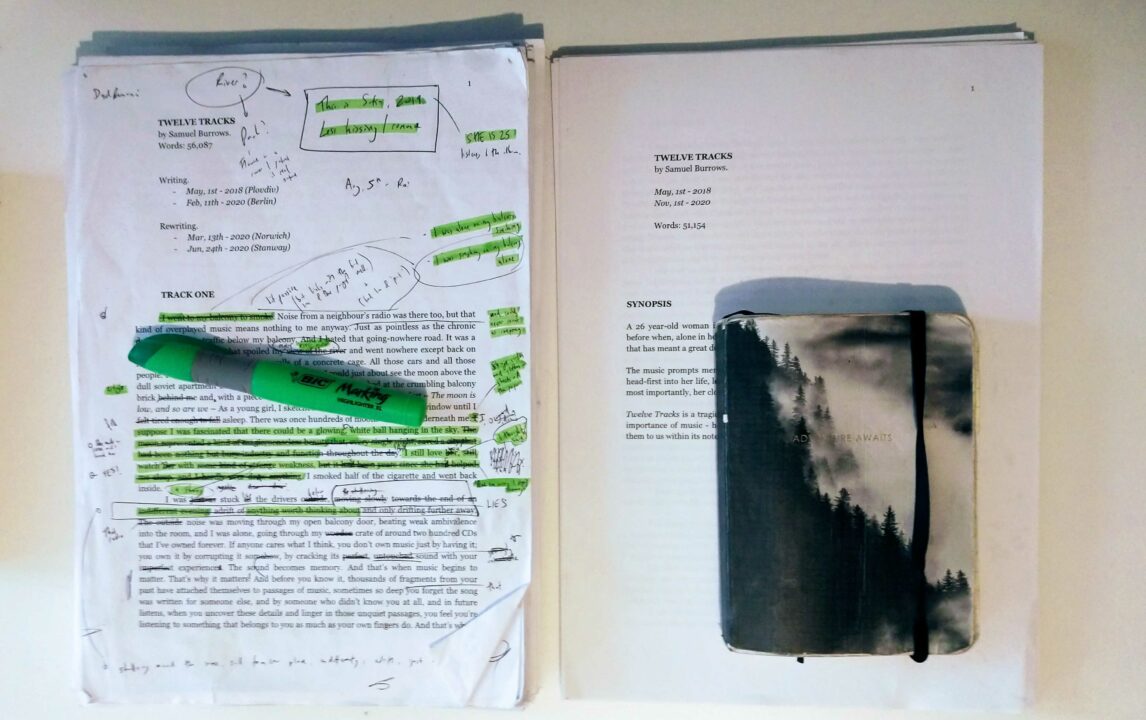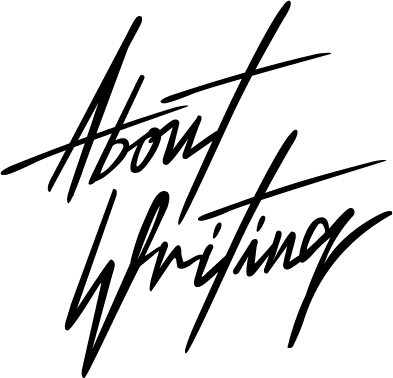
The question ‘How do you know your novel is complete?’ is one I’m dealing with right now. Since the publication of my first in 2015, I’ve been working on a follow-up. To the frustration of the readers who enjoy my work, I’ve finished novels only to abandon them, because they weren’t better than The Little Movements.
In 2018, I began work on a story called Twelve Tracks. It then became a novel, and now I’m sure it’s better than The Little Movements. A few friends have read it, including a professional editor, and they think it’s ready. But I think it needs more work. I know it needs another edit.
The reason I know? Because I know the characters and the story, and I’ve written long enough now to trust my instinct with these things. My answer to ‘How do you know your novel is complete?’ is perhaps a little underwhelming. You just know. But it’s an answer that’s always worked for me, and there’s slightly more to it than just that.
Listen to instinct.
The real point here is to develop an instinct and learn how to listen to it. It’s a noisy world. Some voices tell you to finish this one and start on your next exciting idea. Others say you’ve read it through twice already, and that’s enough. And some even congratulate you for reaching the word-count, as though that somehow marked the end of the writing process.
Reaching the target word-count is no measure of completion, though. I’ve read samples of self-published work that clearly needed more time. I’m not against self-publishing. In fact, I’m considering moving away from a traditional publishing model for Twelve Tracks. But there are aspects of the traditional model that the self-publishing writer needs to take on themselves. Take the time and go through every check you can think of. Have you edited enough? How well have you told the story? Is it ready for publication?
I believe the writer is working for the story, not the other way around. The story, therefore, dictates the style, the length and the quality. If you can do better, do better! If it needs to differ from what you planned, go with that.
“I know it can be better.”
My novel, Twelve Tracks, is how I imagined it would be, a suitable length for publishing, and it works well enough. My readers have told me it’s better than The Little Movements. But that isn’t enough to call it complete, because I know it can be better. During the editing process, I realised the story and characters could be better than I first planned.
Most writers live with this mantra – I know it can be better – and it’s certainly something to be wary of. It’s a phrase that could be helpful or extremely unhelpful depending on the writer, the story, or even the way a writer is feeling on a particular day.
The perfectionist novelist would finish nothing, forever stuck editing their first piece of work. And the public would read nothing of the perfectionist’s work. However, ‘I know it can be better’ isn’t a strive for perfection. Instead, it’s the pursuit of doing your characters and your story justice. Only the writer knows what that means. How do you know your novel is complete? If the story deserves better, it isn’t complete, and the editing process continues.
